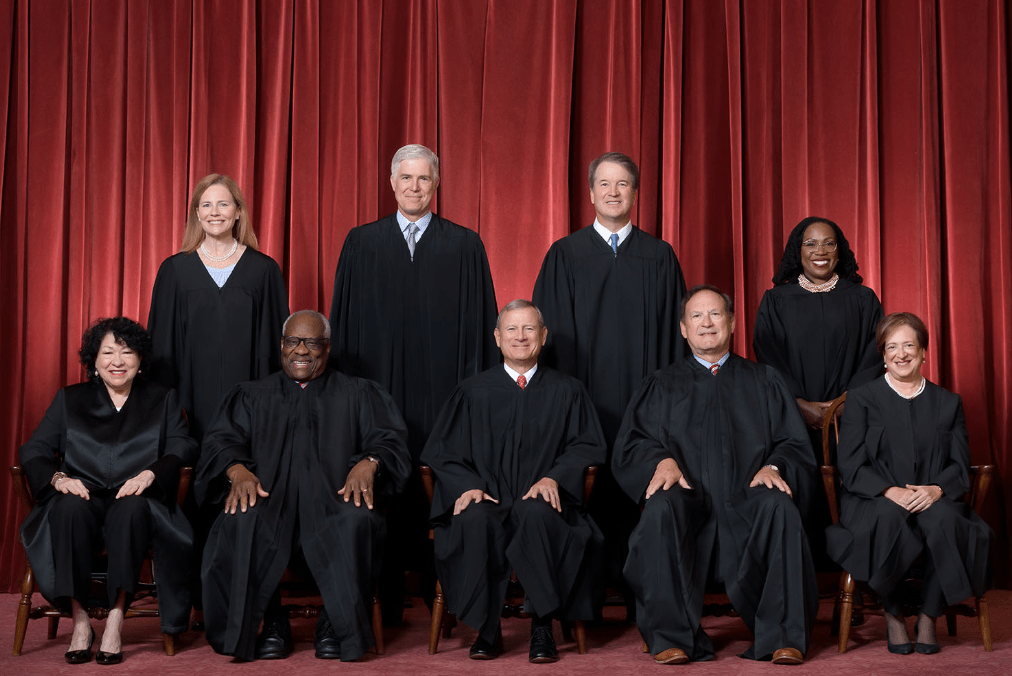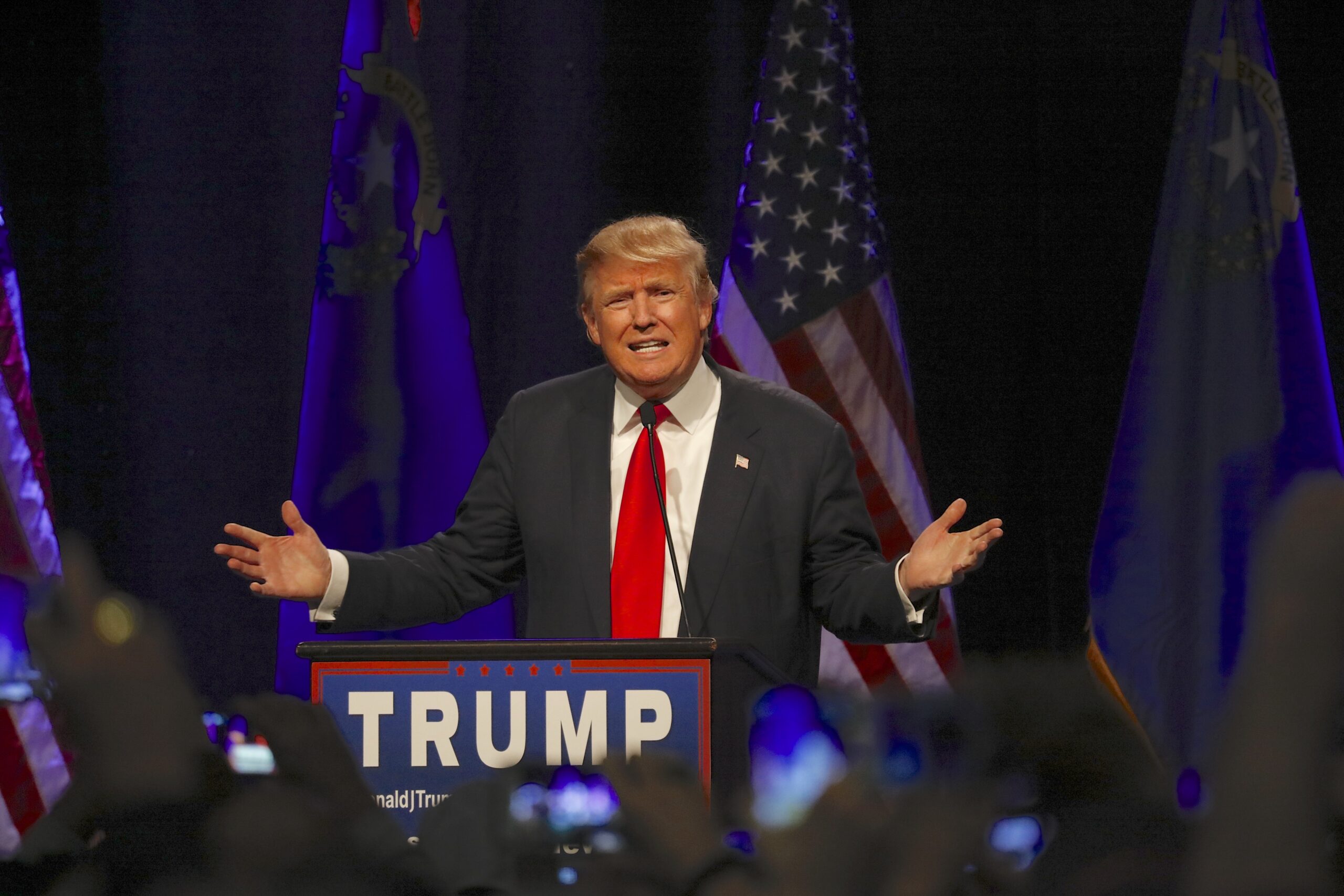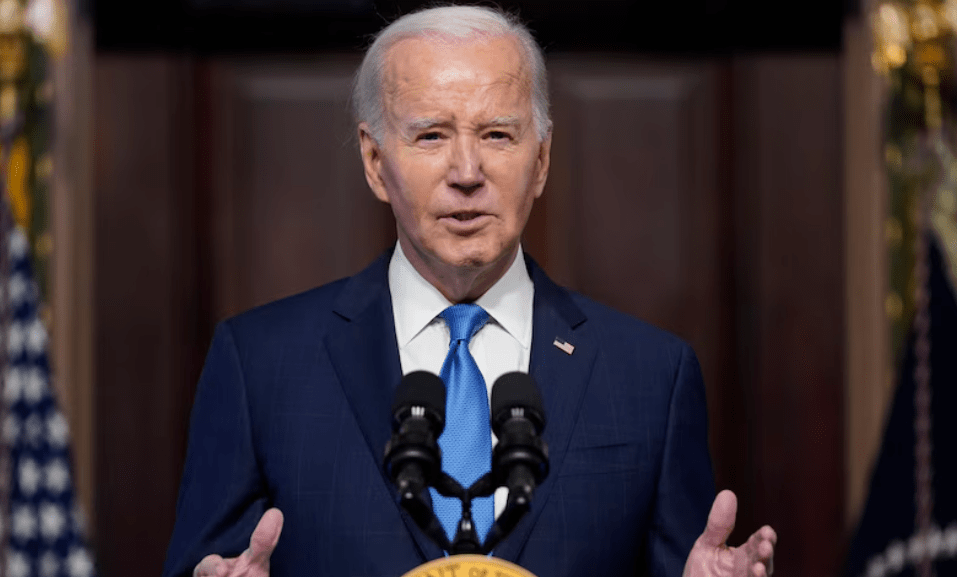Donald J. Trump initiated efforts on Monday to overturn his recent criminal conviction in Manhattan and delay his forthcoming sentencing.
This move cites a new Supreme Court ruling that grants him broad immunity from prosecution for official actions taken during his presidency, according to a person familiar with the matter.
Mr. Trump’s lawyers, in a letter to the judge overseeing the case, sought permission to file a motion to set aside the verdict, The New York Times reported.
This occurred just hours after the Supreme Court issued its landmark ruling involving one of Mr. Trump’s other criminal cases. The letter is expected to be public by Tuesday at the earliest, after which prosecutors will have the opportunity to respond.
This move by Mr. Trump’s legal team comes 10 days before the judge was scheduled to sentence the former president for his crimes in Manhattan, where a jury convicted him on 34 felony counts related to a sex scandal cover-up during the 2016 election campaign.
Mr. Trump’s lawyers have requested Judge Juan M. Merchan to postpone the July 11 sentencing while he considers whether the Supreme Court ruling impacts the conviction.

Setting aside the conviction might be a long shot. The Manhattan case is centred on actions Mr. Trump took as a candidate, not as president.
However, his lawyers are expected to argue that prosecutors built their case partly on evidence from his time in the White House. Under the Supreme Court’s new ruling, prosecutors may not charge a president for any official acts, nor cite evidence involving official acts to support other accusations.
It remains unclear how the Manhattan district attorney’s office, which brought the case, will respond or whether the judge will delay the first sentencing of a former American president. However, Mr. Trump’s effort seemed to cause at least a brief interruption: the district attorney’s office did not make a sentencing recommendation to the judge on Monday regarding whether to imprison Mr. Trump, as was anticipated.
This follows the Supreme Court’s ruling on Monday that former President Trump is entitled to immunity from federal prosecution for official actions taken while in office, a landmark decision amid an election season that could further delay the start of his criminal trial in Washington, D.C.

The 6-3 decision along ideological lines overturns a ruling from the federal appeals court in Washington that concluded Trump is not entitled to broad immunity from criminal charges stemming from an alleged scheme to retain power after the 2020 election. The justices have sent the dispute back to the district court for further proceedings, providing guidance on how to proceed.
The ruling expands presidential power by extending immunity from criminal prosecutions to former presidents for their official conduct. The Supreme Court has never before considered whether a former commander-in-chief could face criminal charges for actions taken while in office.
Trump is the first former president to face prosecution. He has pleaded not guilty to four charges related to an alleged effort to subvert the transfer of presidential power after the 2020 election.
The former president celebrated the decision, calling it a “big win for our Constitution and democracy” in a social media post. The special counsel declined to comment.

